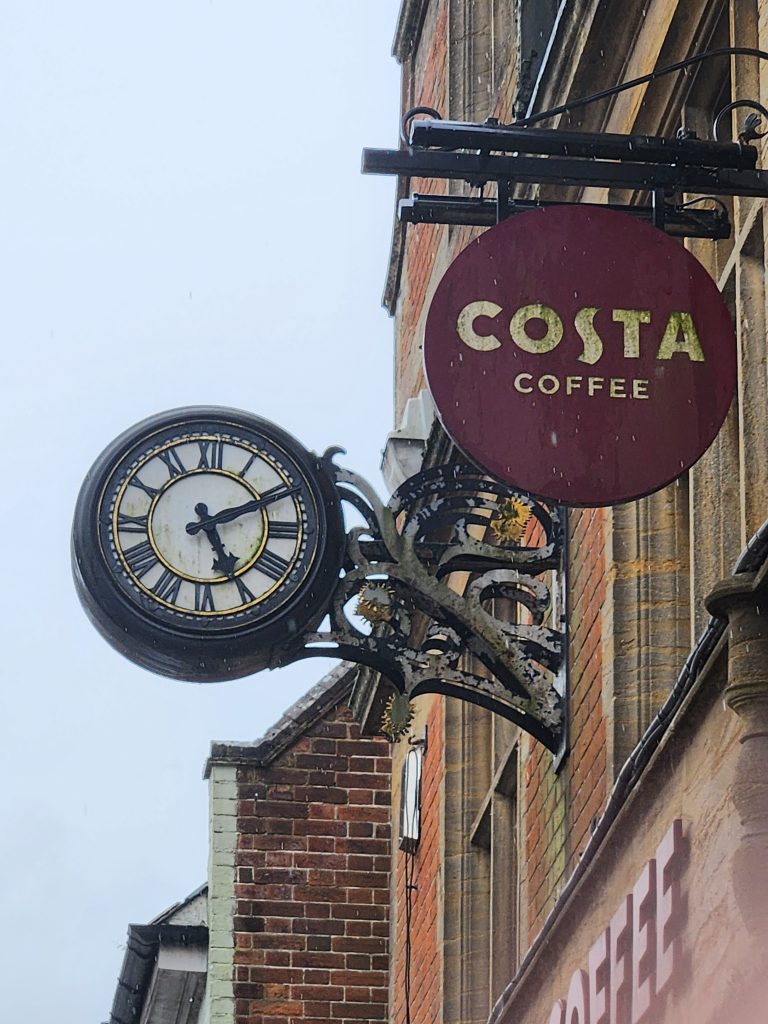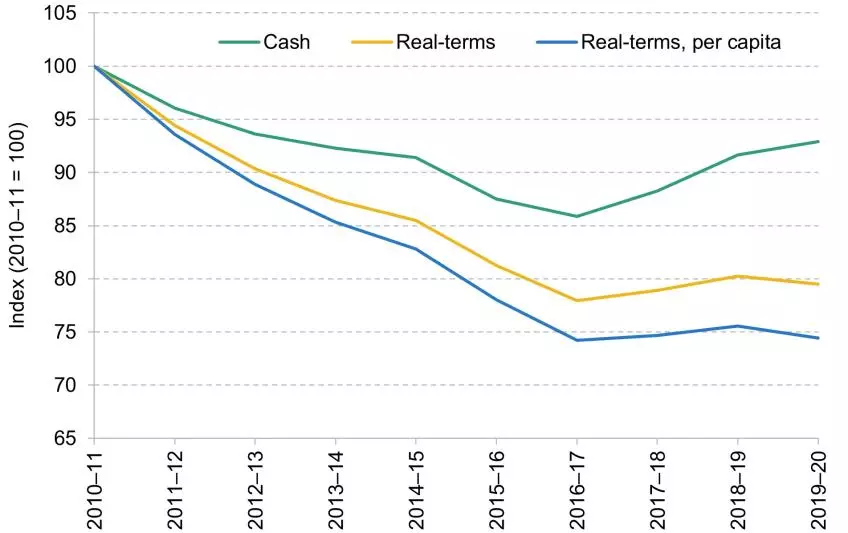The Stopped Clocks project is currently registering as a UK charitable organisation (CIO) dedicated to cataloguing and repairing stopped public clocks. In large part, it exists as a response to the visible decay of civic infrastructure across Britain. Founded in the wake of austerity measures and decades of privatisation, the project hopes to highlight how these policies have impacted local councils’ ability to maintain public buildings and services. Through a blend of awareness-raising campaigns and targeted local fundraising efforts, the project aims to restore these silent timepieces and, in doing so, spark a broader conversation about the state of public spaces and local government funding.
The prevalence of stopped clocks on town halls, churches, and other public buildings has become a powerful symbol of how austerity and privatisation have reshaped the UK’s civic landscape. These frozen hands serve as a constant reminder of the financial pressures facing local authorities and the difficult choices they’ve had to make in allocating limited resources. The Stopped Clocks project’s mission is not just about repairing timepieces; it’s about drawing attention to the broader issues of public funding and the role of local government in maintaining community assets.

The roots of this issue can be traced back to the privatisation push that began under Margaret Thatcher’s government in the 1980s. This process removed many public utilities and services from local authority control, reducing councils’ ability to generate income and leaving them more reliant on central government funding. When austerity measures were introduced following the 2008 financial crisis, many councils saw dramatic cuts to this funding – between 2010 and 2018, there was an average 49.1% real-terms reduction in grants from central to local government.

via IFS.org
To address the issue of stopped clocks, we employ a two-pronged approach. First, we run awareness campaigns that use the emotive power of these silent timepieces to illustrate the broader impacts of reduced local government funding. These campaigns aim to engage the public in discussions about the value of public spaces and the role of local authorities in maintaining them.
Secondly, we coordinate local fundraising efforts for specific clock repairs. This approach recognises that while the issue of stopped clocks is symptomatic of broader funding challenges, solutions often need to be tailored to local contexts. By mobilising community support for individual clock restorations, we aim to achieve tangible results and by doing so foster a sense of civic engagement and pride.
The maintenance of public clocks often falls into a grey area of responsibility. As councils have been forced to prioritise statutory services and acute needs, the upkeep of these timepieces – which require specialist skills and can be costly to maintain – has frequently been deemed non-essential. We think that that this neglect represents more than just a practical inconvenience; it symbolises a broader erosion of shared public spaces and civic identity.
The Stopped Clocks project aims to challenge the notion that the decline of public infrastructure is inevitable in an age of austerity. By successfully restoring clocks in some communities, we demonstrate that alternative models of funding and maintaining public assets are possible. However, it should be emphasised that these efforts should complement, not replace, proper public funding for local services.
As we continue our work, we hope that our efforts serve as a visceral and visible reminder of how privatisation and austerity have reshaped the relationship between local government and public space. The stopped clocks we seek to repair are not just timepieces; they are symbols of a changing social contract and the ongoing debate about how public goods should be funded and delivered in an era of constrained resources.
Our mission goes beyond mere clock repair: It’s a call to action for communities to engage with their local heritage, for policymakers to reconsider funding priorities, and for society at large to reflect on the value we place on shared public spaces and services. In the ticking of each restored clock, we hope to hear the renewed heartbeat of civic pride and community engagement.